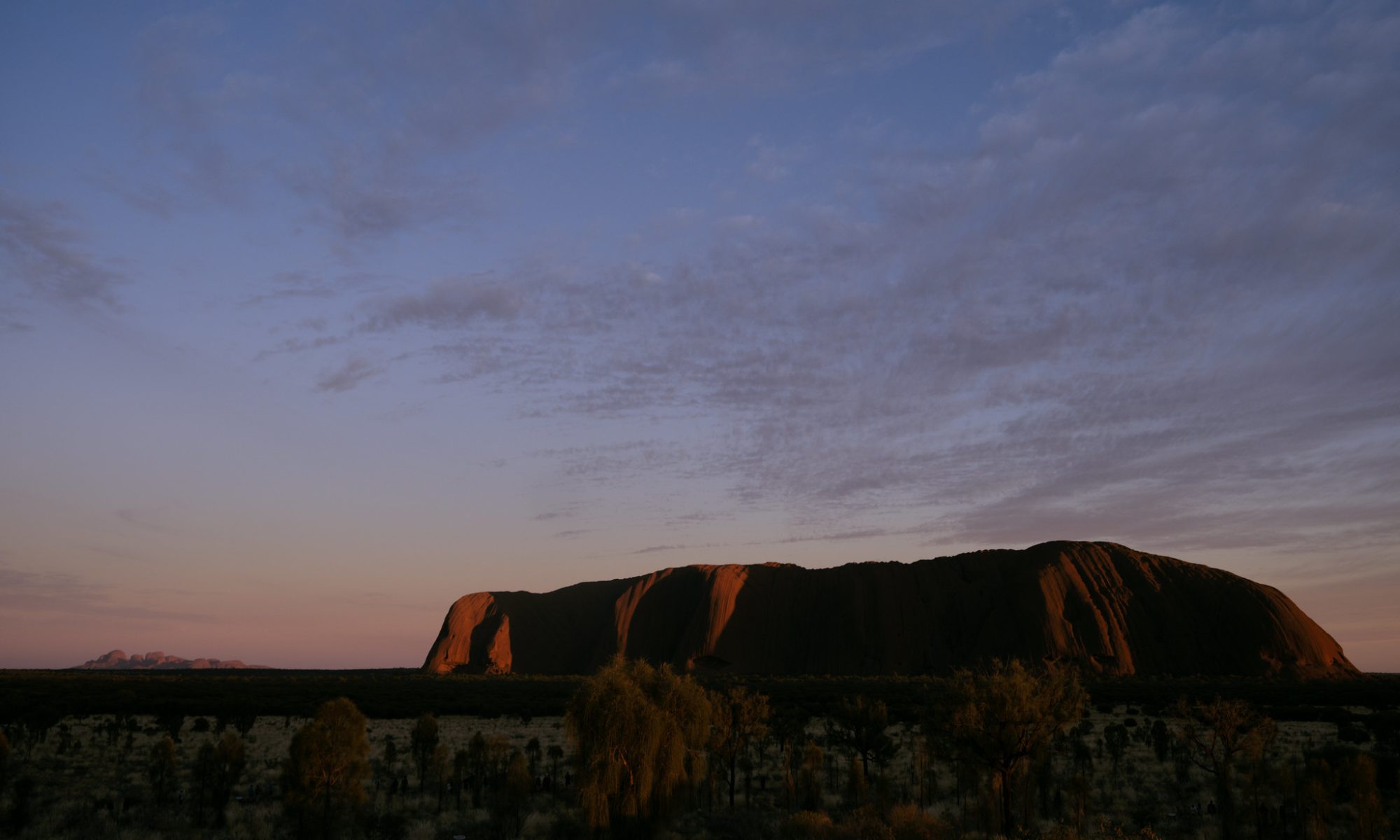Update January 2018: the Department of Home Affairs provides a Evidence of Australian Citizenship document to those whose claim to Australian citizenship is not one of the more obvious routes.
I know people who’ve had trouble with this, and won’t tell their specific stories, but a note now that I am applying for a passport for my son.
Australian citizenship is no longer by right of birth: if you were born on or after 20 August 1986, there are various more complicated ways it is acquired. One is being born in Australia and having at least one parent who is an Australian citizen or permanent resident at the time of your birth. Therefore, my son’s passport application has this section:
Please mark which of these documents you will provide at interview (you must present the original):
to prove that the child is an Australian citizen or to prove that one of the child’s parents was either an Australian citizen or a permanent resident of Australia at the time of the child’s birth.
- The child’s Australian passport issued on/after 01/01/2000 and valid at least two years
- One parent’s full Australian birth certificate (parent born prior to 20/08/86)
- One parent’s Australian passport (issued on/after 20/08/86, valid two years)
- One parent’s Australian citizenship certificate
- One parent’s Australian permanent resident status
Both my husband and I were born in Australia before 1986, and in addition we happened to hold Australian passports before our son was born in any case, so we have a surfeit of evidence that will satisfy them that he’s a citizen.
But people born in, say, September 1986 are turning 27 this year, and therefore there’s lots of parents and soon-to-be parents whose Australian birth certificates are not sufficient proof of their own Australian citizenship, let alone their child’s status. So it’s very easy to imagine a situation existing right now where someone will need to show up with a grandparent’s birth certificate in addition to a parent’s and their own, and so on. By 2040 or earlier a great-grandparent may be required if no one in the family has held passports in intervening generations (great-grandparent born before August 1986, has a child at age 18+ in 2004, a grandchild in 2022 and a great-grandchild in 2040).
The easiest way around this for citizen-parents seems to be making sure one holds an Australian passport — because it stands on its own, unlike post-1986 birth certificates — before a child’s birth, which is not really foremost in one’s mind at the time. Oh, and be sure to keep it in a safe place until you or any of your children need evidence of their citizenship (usually but not always when they first need a passport themselves), because without it they’ll be back in the same documentation pickle. An increasing number of Australian-born people are going to have to go through the prior process of assembling potentially burdensome proof of citizenship involving either a string of ancestral birth certificates*, or a bunch of evidence of Australian residence on their 10th birthday (see Table B in documenting citizenship). I’d have trouble now proving my own Australian residence at age 10, frankly.
Australia is far from alone in not awarding citizenship by right of birth alone, so I assume there’s either a lot of people around the world who struggle to get passports, or other countries have processes that are more mature and less reliant on finding an ancestor who was unconditionally a citizen.
* Or worse, trying to get hold of 40 year old evidence of someone’s permanent residency, which I suspect is not as available for purchase later on as birth certificates are.
